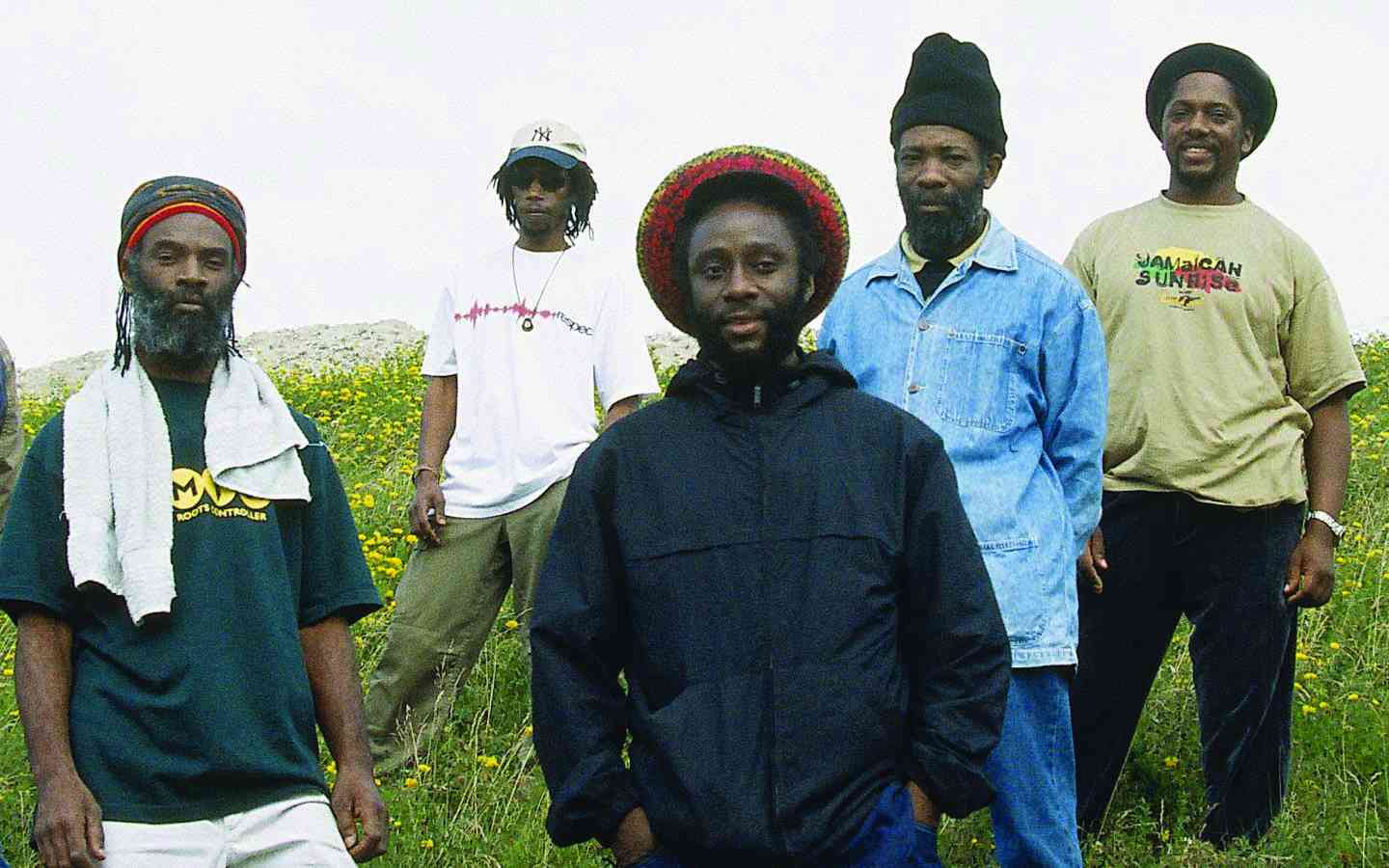
Fred Zindi I am surprised to see that nearly four months into the Russian War on Ukraine, no musician has released a song about this topical issue. Many artistes often capitalise on trending issues to make hits.
It is through these topical issues that we get to know new artistes.
Some are successful and become one hit wonders and others are not.
When they are successful, they then try to make follow-up hits to remain relevant. More often than not, the follow-up hits do not make it.
I remember in the 1990’s, Edwin Hama, who was a doorman for the group Ilanga decided to become a musician in his own right. He chose a topical issue based on the Economic Structural Adjustment Programme (ESAP) which drove up prices and thousands of people out of work.
He then recorded two singles, Asila Mali and Have You seen Today’s Paper, the former being about the life of down and out people who were searching for money everywhere while the latter criticised ESAP for bringing poverty to ordinary Zimbabweans.
These singles shook the music industry but died a natural death after Hama himself had failed to make follow-up songs. Presumably, he could not fathom more topical issues to follow. He disappeared from the music scene before he passed on in July, 2007.
This phenomenon is not isolated to the Zimbabwe music industry alone. Way back in 1974, Carl Douglas, a Jamaican musician who was based in the United Kingdom released a disco single titled Kung Fu Fighting. It ranked number one on both the UK Singles Chart and the US Billboard Hot 100. The single sold 11 million copies worldwide, making it one of the bestselling singles of all time. It also made Carl Douglas an instant millionaire.
- Chamisa under fire over US$120K donation
- Mavhunga puts DeMbare into Chibuku quarterfinals
- Pension funds bet on Cabora Bassa oilfields
- Councils defy govt fire tender directive
Keep Reading
The single, which was a homage to martial arts films (a Chinese method of fighting called Kung Fu) was trending at the time and it became a topical issue. It overshadowed the rest of Douglas’s career.
The follow-up single, Dance the Kung Fu did not crack the top 40, thus making Douglas a one hit wonder.
However, Douglas, who had made his millions with this one hit, bought himself a mansion in Kingston, Jamaica.
In Zimbabwe several artistes have tried to use topical or trending issues in an attempt to get attention and to make music hits.
Jacob Moyana, a Zimbabwean Sungura musician, for instance, decided to create a controversial double-meaning song which he titled Munotidako.
This controversial song was an overnight hit and with its success, Moyana followed it up with yet another controversial song Tinorima mavegie which failed to crack it to the top. He is quiet now as he seems to have run out of controversial ideas.
Before he formed his own band, Moyana was the lead guitarist for Joseph Garakara’s band, Mbama Express.
Joseph Garakara must have influenced Moyana to embark on controversial songs as Garakara had also made a hit with Idya Banana.
After the hit Idya Banana, Joseph Garakara disappeared from the scene. He went to South Africa for a while riding on the success of Idya Banana but that did not last long.
Idya Banana was an extreme idea which was accepted by an extreme audience who understood the Shona language and its double meaning. Extremely new ideas are unlikely to initially find a large audience. But if they break through, artistes and entrepreneurs may find that uniqueness is an asset, the same way that Thomas Mapfumo’s Chimurenga hybrid style switched from a burden to a benefit after his first hit. Second, early-career exploration can pay dividends in the long run.
The difference between one-hit wonders and hit-makers isn’t just novelty; it’s also focus, or what is called “relatedness.”
How does one’s composition relate to the sentiments of the public? Better still, how will the public interpret this song? Songs like Mudhara Vachauya and Kasong keJecha become what are termed hot streaks. Hot streaks require creative people to mine deeply when they find something that works for them.
I, in an effort to understand how those artistes who stick to particular themes or topical issues found that they tend to have “hot streaks,” or tight clusters of highly successful work, looked closer at what preceded these hot streaks.
First, artistes would “explore,” or experiment with a bunch of different ideas, styles, jobs, or topics before they really got in the zone.
Then they would “exploit,” or productively focus on one particular area. For example, Thomas Mapfumo has focused on protest music throughout his career and that has ruffled the feathers of many a politician, but that has also sustained his music career up to this day.
In the 1970s, during the liberation war, Thomas Mapfumo became popular by singing anti-establishment war songs such as Hokoyo, Hondo, Chitima Cherusununguko, Gwindingwi Rine Shumba, Vanhu Vatema, Chikonzero and Chimurenga which he knew resonated with the majority of Zimbabweans. These songs gave him attention and made hits.
Fortunately for Thomas, his follow-up songs continued to resonate with the people as the liberation struggle was a topical issue which went on for many years. He continued to be relevant.
In later years, many artistes who followed trending topics, became one hit wonders. Artistes such as Temba Ndlovu, who made the well-polished and internationally acclaimed single, Meet Me in Zimbabwe after the country gained independence failed to follow this hit with another.
Pah Chihera of Runonzi Rudo fame who did a collaboration with the late Prince Musarurwa, failed to follow this up with another hit.
Pah Chihera touches life situations and her aim is to transform other people as she sends messages and lessons about life through her music. She can only do this if she makes more hits but as it is, the hits are hard to come by.
The same goes for Dobba Don of Mudendere fame.
Let me mention a few more artistes who failed to capitalise on their instant success after making an initial hit. Lady Squanda born Sandra Muchaneta Gazi being the most prominent female in male-dominated Zimdancehall circles squandered most of her time creating scandals that ranged from theft to faking her own death with the hope that these dramas would increase her fan base. They did not.
Then, Guspy Warrior, Mechanic Manyeruke’s son, born Emmanuel Manyeruke on March 24, 1990, surprised us all with Ita Seunononga and made a big impact on the market. After that, more attempts at making hits failed to get him to the top.
After that, Boom Betto who came from Glendale blew us away with the hit, Kudonhedza Musika, but failed to come up with another hit.
For decades, psychologists have puzzled over the ingredients of creative popularity by studying music, because the medium offers literally millions of data points.
Is the thing that separates one-hit wonders from consistent hit makers luck, talent and collaborations with more established artistes or some complex combination of factors?
Up to now I have not yet worked out how some artistes make hits when others who are more talented fail to do so. One way of course is to jump onto a topical issue and hope that the people will relate to it and buy your music.
My friend and ex-Frontline Kids guitarist, Emmanuel Thomas will testify to that as he sang with his wife, City, a tribute to Oliver Mtukudzi after his death in 2019 hoping to capitalise on that phenomenon. When the project did not go far, he then attempted to get his daughter Kayla to the top by getting her to sing on the then topical issue of Tapiwa Makore who was murdered for ritual purposes in Murehwa.
However, one of the luckiest musicians this world has ever seen is Master KG from South Africa. He took advantage of the world’s biggest topical issue in 2020 and 2021, the Covid-19 pandemic, and gave many people something to do during lockdown.
His song, Jerusalema and the Jerusalema Challenge Dance became instant hits. He was very fortunate to reach the dizzy heights where people with even better talent are failing to get. The response was overwhelming. Even K.G. himself and his team were stunned by such a response. It was mind-blowing. They did not expect such huge sums of money. Follow up tunes have failed to make more hits.
This is where luck comes in. To be honest, who knew Master K.G. before Jerusalema became a hit?
Some people say that being very different from the mainstream is really, really bad for your likelihood of initially making a hit when you’re not well known. But once you have a hit, novelty suddenly becomes a huge asset that is likely to sustain your success. Mass audiences are drawn to what’s familiar, but they become loyal to what’s consistently distinct.
I am sure that by the end of the Russian War on Ukraine, there will be many songs composed on this topical issue.
- Feedback: [email protected]










